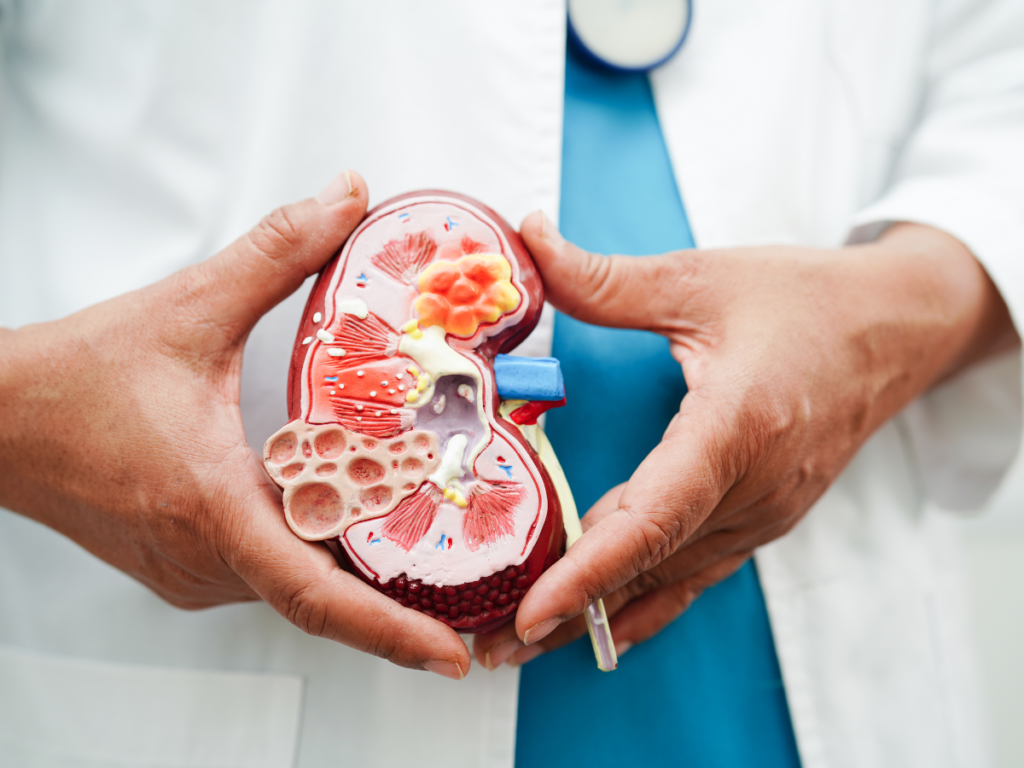Gastroenterology is a crucial field of medicine dedicated to the health of the digestive system. Its importance extends far beyond treating stomach discomfort or managing chronic conditions—it plays a pivotal role in preventing serious diseases, including digestive cancers. At Prime Hospital, we are committed to providing advanced gastroenterology care to ensure early detection and prevention of digestive cancers, safeguarding your health and well-being.
Understanding Digestive Cancers
Digestive cancers, also known as gastrointestinal (GI) cancers, include cancers of the esophagus, stomach, liver, pancreas, colon, rectum, and other parts of the digestive system. These cancers are often silent in the early stages, with symptoms appearing only when the disease has progressed. This makes prevention, early detection, and timely treatment absolutely critical.
Common Types of Digestive Cancers
- Colorectal Cancer: Affects the colon or rectum, often linked to polyps that can develop into cancer if untreated.
- Stomach Cancer: Can arise from chronic gastritis or Helicobacter pylori infection.
- Pancreatic Cancer: Often detected late due to its subtle early symptoms.
- Esophageal Cancer: Linked to long-term acid reflux or smoking.
- Liver Cancer: Often associated with chronic hepatitis infections or cirrhosis.
How Gastroenterology Prevents Digestive Cancers
Gastroenterology focuses on maintaining digestive health and detecting abnormalities in the digestive tract at an early stage. Prime Hospital’s gastroenterology department uses state-of-the-art diagnostic tools and preventive strategies to lower the risk of cancer development.
1. Screening and Early Detection
Screening is the cornerstone of digestive cancer prevention. Techniques like colonoscopy, endoscopy, and imaging tests help identify precancerous conditions such as polyps or Barrett’s esophagus. Regular screenings, especially for high-risk individuals, enable early intervention.
- Colonoscopy: Essential for identifying and removing polyps in the colon or rectum before they become cancerous.
- Endoscopy: Used to examine the esophagus, stomach, and upper GI tract for abnormalities.
2. Managing Risk Factors
Gastroenterologists assess individual risk factors, including family history, lifestyle, and medical conditions like inflammatory bowel disease (IBD). By managing these risks through tailored strategies, the likelihood of developing digestive cancers can be significantly reduced.
- Lifestyle Modifications: Diet counseling, weight management, and advice on reducing alcohol and tobacco use.
- Treatment of Infections: Eradication of Helicobacter pylori infections to prevent stomach cancer.
3. Regular Monitoring of High-Risk Patients
For individuals with conditions like Crohn’s disease, ulcerative colitis, or genetic predispositions, regular monitoring is vital. Advanced techniques such as chromoendoscopy can enhance the detection of subtle abnormalities.

4. Advanced Diagnostic Technology
At Prime Hospital, we leverage cutting-edge technology like high-resolution imaging and minimally invasive biopsy procedures. These ensure accurate diagnosis and better outcomes for patients.
Preventive Strategies for Digestive Cancer
Preventive healthcare is key to combating digestive cancers. Gastroenterologists work proactively with patients to create individualized prevention plans.
1. Healthy Diet
A balanced diet rich in fruits, vegetables, and whole grains helps reduce cancer risk. Foods high in antioxidants and fiber support gut health, while limiting red and processed meats can further lower risks.
2. Regular Exercise
Physical activity contributes to overall health and lowers the risk of obesity, a significant factor in digestive cancer development.
3. Avoidance of Tobacco and Excessive Alcohol
Smoking and alcohol are major contributors to digestive cancers. Quitting these habits significantly reduces risk.
4. Vaccination and Infection Management
Vaccination against hepatitis B and management of hepatitis C infections are essential steps in liver cancer prevention.
5. Routine Check-Ups
Regular visits to a gastroenterologist ensure that any signs of abnormality are caught early, improving treatment success rates.
Why Choose Prime Hospital for Gastroenterology Care?
At Prime Hospital, we pride ourselves on being a leader in digestive health. Our gastroenterology specialists are equipped with advanced training and cutting-edge technology to provide comprehensive care.
Key Features of Our Gastroenterology Department:
- Highly skilled gastroenterologists with extensive experience in preventive care and cancer management.
- Access to advanced diagnostic and treatment modalities.
- Personalized care plans tailored to individual health needs.
- Focus on patient education to promote proactive health management.
Conclusion
Gastroenterology is a vital discipline in the fight against digestive cancers. By emphasizing prevention, early detection, and effective management, Prime Hospital ensures that patients receive the best possible care for a healthy digestive system. Whether it’s routine screenings, managing risk factors, or providing advanced treatment, our commitment to excellence is unwavering.
If you or your loved ones are concerned about digestive health or wish to schedule a screening, contact Prime Hospital today. Together, we can take proactive steps to prevent digestive cancers and secure a healthier future.
